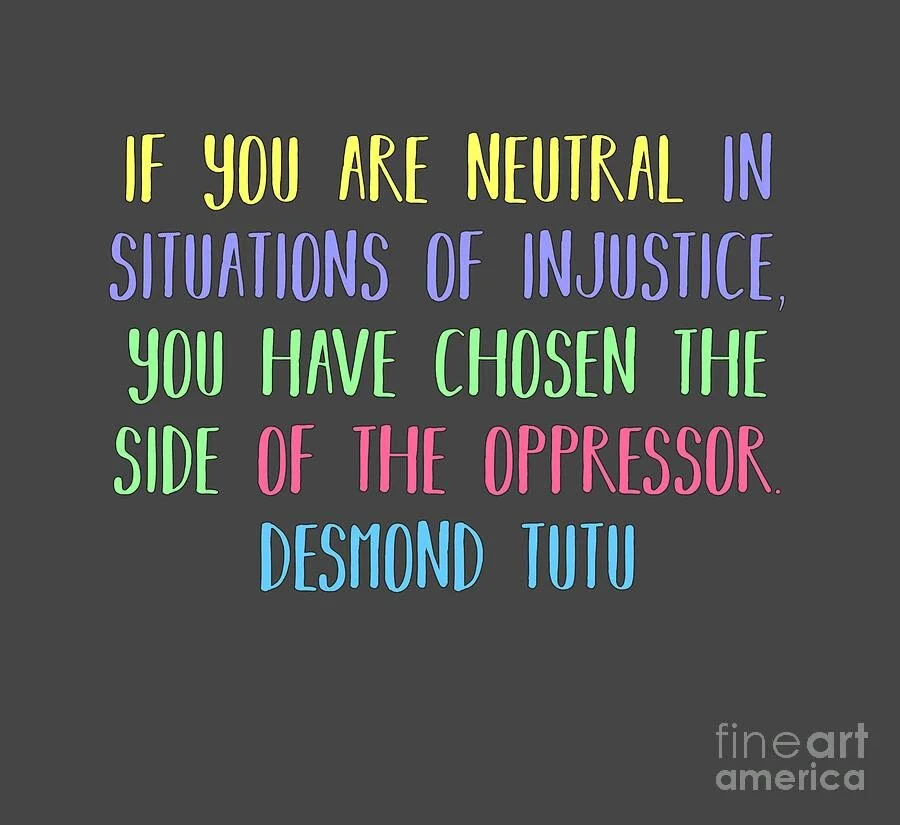Chapter 55: When words will not suffice
I live in Minnesota. My home is on a typically peaceful, quiet street. One of the reasons I love Minneapolis/Saint Paul is because I love the diversity of people who live in this city. The diversity of races, ethnicities, cultures, religions, languages, and beliefs make this city the incredible place that it is.
I look out of my window tonight, as I sit inside during a statewide curfew, and I see buildings boarded up. The grocery stores, restaurants, and convenience stores are closed. Wood covers all of the windows. The two gas stations on my street were looted and burned, caution tape now encircles their perimeters.
I have debated if I should continue to post on this blog or not for a number of days as I watch the world around me suffer so tremendously. In part, I feel guilty posting a blog. I do not want to act as though my words are in any way more important than the words of others in the community. I do not want my words to seem preachy. Like many of you, I simply do not know what to do. I see the suffering intensify around me at an unbelievable pace and I feel helpless. All I know is that I cannot be silent.
At home and online, I see the sadness, rage, and fear of my community as people protest for justice. At work, I see the hopelessness of medical workers who spend their days with deathly ill COVID patients amidst an ongoing pandemic and their evenings as community members protesting for justice.
In brain cancer support groups, I see anxiety, fear, and sadness as people around the world are handed a life-altering diagnosis, try to cope with the reality of a shortened life, and struggle to tell their loved ones about their diagnoses.
I see friends and patients with anxiety, depression, eating disorders, and alcoholism lose control with their battles as relentless suffering piles up around them.
Writing is a way that I try to cope with the almost unbelievable reality surrounding us these days. The issue is that, in this situation, I feel that words will not suffice.
Words will not bring George Floyd, Philando Castile, Trayvon Martin, or countless others back. Words will not give money or resources to communities across the world that need them. Words will not stop the racism or inequality that has existed in our world for far too long. Words will not help physicians find peace or happiness as more people fall ill to this pandemic. Words will not help patients with new cancer diagnoses return to the peaceful stability of their earlier lives. Words will not fix anxiety, depression, alcoholism, pain, fear, abandonment, poverty, war, racism, homophobia, or hatred. Words will not stop us from suffering.
What then, will help when words will not suffice? I want to help, yet apart from recognizing my own privileged life, I simply don’t know how. I want to live in a world where all humans are treated equally, where all humans have the same rights to life, happiness, health, prosperity, and respect.
Even though I may not have the right words to say, I have seen a number of reading lists that can help us learn to be anti-racist. Even though I may not have the answers, I feel that educating myself is a good start. This article has a nice list (and links to a few additional lists) of anti-racist reading materials:
If you are neutral in situations of injustice, you have chosen the side of the oppressor. If an elephant has its foot on the tail of a mouse and you say that you are neutral, the mouse will not appreciate your neutrality. ~ Desmond Tutu
Even though words will not necessarily solve the problems of our world, silence seems far worse.
Fondly,
Courtney
©CB2020
